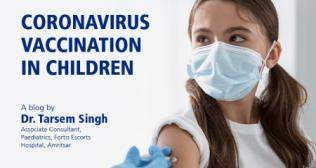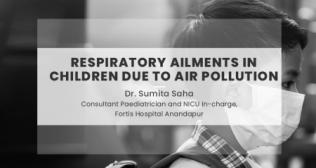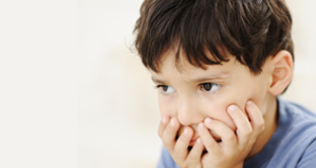5 questions on kids and Covid you want answered
Dr Jesal Sheth, senior consultant, paediatrician and neonatologist, Fortis Hospital, Mulund, Mumbai, spoke to TOI on coronavirus infection in children and how to keep them safe
Q: Reports from Bengaluru, Delhi, and some other big cities suggest that the coronavirus is affecting youth and children in larger numbers now than during the first wave. Why is that?
A: The number of children being infected with Covid-19 is increasing across the world as well as in India since March 2021. This year, schools reopened partially in a few cities.
which could be one reason for children getting impacted by the virus. Another reason could be the kind of socialisation that began from February onwards. An increasing number of adults infected with Covid-19 has also contributed to more children getting infected. In the current situation, we have observed that children are the index case in the family, which means they are the first to get infected and spread it to the rest of the family. Teenagers and adolescents are 8-10% at higher risk of catching the infection. This could be attributed to teenagers having difficulty in maintaining social distancing, and because they wear masks below the nose.
Q: Initially it was said that children aren’t seriously affected by the virus but there’s emerging evidence that they are at risk from persisting symptoms or long Covid. Do you think kids are also at risk?
A: Children are at risk of developing viral pneumonia, but numbers are significantly less when compared to adults with lung lesions due to Covid-19 virus, during the acute phase. But children may develop late Covid complications which are described as a Multi-System Inflammatory Syndrome. So far it is less than 1%, as reported by CDC.
Q: Children’s mental wellbeing has also suffered due to the lockdown. A reduction in physical activity and fitness is a health risk too. How does one balance the risk of Covid with the gains from outdoor activity or play time with friends?
A: The mental health of children has suffered due to prolonged lockdown, isolation, anxiety and lack of play and social interaction. In 2021, we have observed depression, anxiety, poor attention span, poor academic performance etc. in children. We have to introduce the concept of safety and prevention from COVID before we send them for outdoor activities. It is beneficial to follow ‘Corona Appropriate Behaviour’ which is maintaining social distancing, masking above the nose, and frequent hand washing.
Q: What kind of activities are safe for kids – playing in the park, birthday parties, vacations? What about school?
A: Any activities where Covid measures can be followed are safe. Open spaces are preferred to enclosed spaces. It might be safe to swim in a well-maintained, properly chlorinated pool. However, it is advisable to stay away from crowded swimming pools. Keep 1 metre distance from people who sneeze or cough even in a swimming area. Practically, such things are difficult to maintain in densely populated areas.Schools are working very hard to ensure that all the protocols are maintained in classrooms, during transits, food breaks and sports time. If Covid measures are ensured by schools, it would be safe to send children to school.
Q: How should parents navigate a post-vaccine world where they may be protected but their kids can get sick and spread the virus?
A: We are looking forward to the availability of safe vaccines for children in the second half of the year, as they are already under trial. Besides, with mass vaccination and herd immunity, we hope the infection rates go down significantly overall.
Source: Times of India
Categories
Clear allMeet the doctor

- Paediatrics | Paediatrics
-
20 Years
-
1300

















